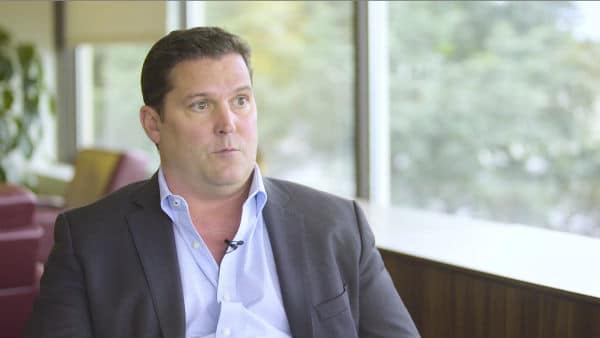So the reason that we want to do treatment, knowing that relapses happen, is so that we’re prepared to continue to manage the disease.
Diagnosed and Intervened
Once someone is initially diagnosed with any chronic relapsing disease, diabetes, asthma, high blood pressure, in this case, substance use disorder: we want to intervene right away.
We want to intervene so the disease doesn’t immediately become deadly, right? Because all those diseases are deadly unless there’s intervention.
We want to teach the person all of the lifestyle changes they need to make in order to manage their disease.
All the spiritual changes they need to make.
All of the cognitive thinking changes they need to make.
And then of course, introducing any of the medicines that they need to take and they need to manage in order to get to have a lifestyle free from incident.
So their disease never becomes an acute again.
So in medical terms, a relapse really is, your disease is now acute.
We know that in the case of addiction, like I said, 46% of the time, they’re going to experience acuity. But what we want them to know is what do we do when it becomes acute.
So if an asthmatic decides to ignore the fact that freshly cut hay is going to exacerbate their asthma.
They know that playing basketball without taking their inhaler is going to exacerbate their asthma. But they’re out, they decided to play basketball next to a hayfield and they become acute.
They need to know what to do in that situation, right? Now if they haven’t prepared and their inhaler’s not with them, then we’re talking about an ER visit, so it’s the same as somebody with substance use disorder.
Treatment Is Available at New Roads
Treatment will have taught them the things they need to do to manage that and that is what we know.
We know that those relapses typically are shorter in duration. They know that they need to access treatment, and many of them don’t need to go back into in-house treatment.
What we see here at New Roads is that a lot of the clients are clean and sober in a year. 82% are clean and sober at a year out.
Most of them have experienced at least one relapse in that year, but they were able to manage it with the tools that they had or going to 12 step meetings and that’s why you do treatment is that intervention.
Sometimes it takes several interventions in order to teach them and equip them with the dosage of lifestyle changes, cognitive treatment and medications that they need so that they can have a healthy life.

